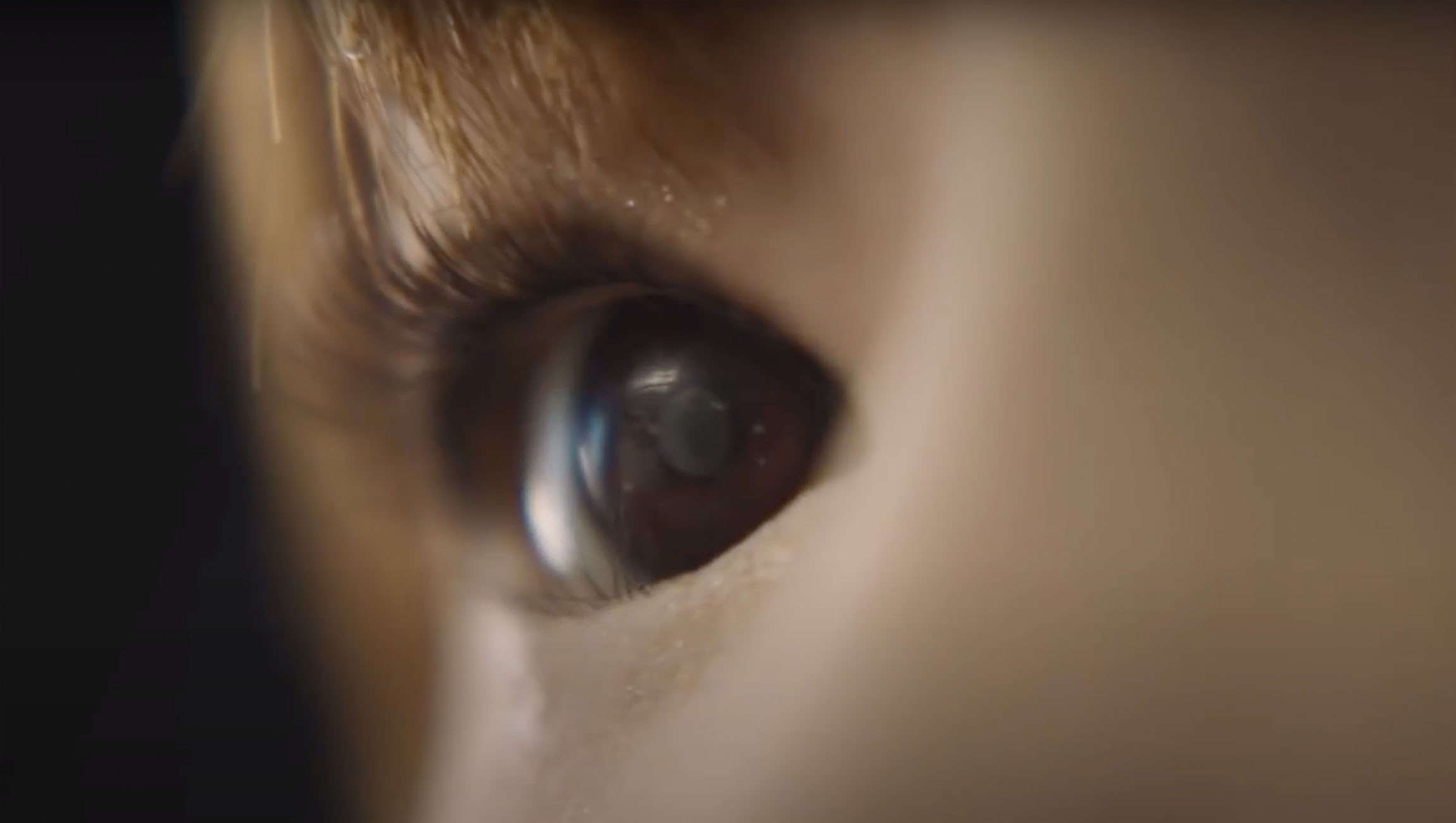Create a free profile to get unlimited access to exclusive videos, sweepstakes, and more!
AI just got way creepier because it can now read your personality from a selfie

Can you tell what a completely random person is like just by staring at a selfie? Unless you’re psychic, probably not. Selfies can’t automatically give away personality traits to the human eye. This is where AI has just gotten more fascinating or downright scarier, depending on how you see it.
Artificial neural networks are now able to figure out what your next potential date (or anyone else) could be like just by being creepy. AI developed by a team of Russian scientists can predict traits like agreeableness, neuroticism, openness and extraversion just by scanning photos. It could be revolutionary for finding optimal matches not just for dating, but also customer service and online tutoring, among other things.
“In addition to emotional expressions and other nonverbal behaviors conveying information about one’s psychological processes through the face, research has found that valid inferences about personality characteristics can even be made based on static images of the face with a neutral expression,” the scientists said in a study recently published in Scientific Reports.
So what if your neutral expression is Resting B**ch Face (RBF)? While there is no specific answer about how the AI would interpret that, it does process your resting face and facial morphology to make inferences about personality, such as determining how extroverted you are by how symmetrical your face is. Facial width to height ratio (fWHR) can indicate how dominant and aggressive you are. Human interpretations based on fWHR have indicated that we may have evolved to be sensitive to static facial features in our perception of others. Everything this AI is programmed to interpret has been studied before, but human personality is unbelievably complex. No wonder this tech is only 58% accurate, even though it still outperforms any human.
You read that right. Advanced neural networks from the future we are now living in would still get a failing grade in Facial Interpretation 101.
This AI is still in its nascent stage. It was tested with 12,000 volunteers who filled out one of those self-report questionnaires not too different from those "What character are you?" quizzes responsible for wasting hours of valuable time on the internet. The data from their answers was based on the Big Five model of personality traits often used in psychology — openness, conscientiousness, extraversion, agreeableness, and neuroticism. That was merged with 31,000 selfies that a series of neural networks had to interpret while leaving out faces with emotional expressions. And celebrities. And cats. Cats are always disgruntled about something anyway.
Out of the Big Five, the most recognizable trait turned out to be conscientiousness, and the AI was more easily able to decode the personalities behind female faces than male ones. While the accuracy wasn’t stellar, this experiment, done in an uncontrolled setting, was still more accurate than previous studies done in controlled settings, even with hi-res photos.
“We believe that the present study, which did not involve any subjective human raters, constitutes solid evidence that all the Big Five traits are associated with facial cues that can be extracted using machine learning algorithms,” the team concluded. “However, despite having taken reasonable organizational and technical steps to exclude the potential confounds and focus on static facial features, we are still unable to claim that morphological features of the face explain all the personality-related image variance captured by the [neural networks].”
That leads to the inevitable. Futuretech is almost never unattached from some sort of ethical dilemma. If AI facial interpretation starts becoming the standard for determining who is going to make it into a certain school or get hired for a particular job, humanity could end up missing out on some really valuable talent. Remember that this thing is only a little more than half accurate. It can’t replace a portfolio or an interview. While it can certainly help interviewers and others with decision-making power to have an idea of what they’re in for, they still need to interact with humans to assess their actual abilities. Can you imagine HR just trashing people’s profiles based on what a robot told them?
While this tech will probably be most valuable as an assist to matching people with tolerable first dates (among other things), it’s going to need an upgrade before being released for public use. Just take an internet quiz to find out which Game of Thrones character you are until then.


























